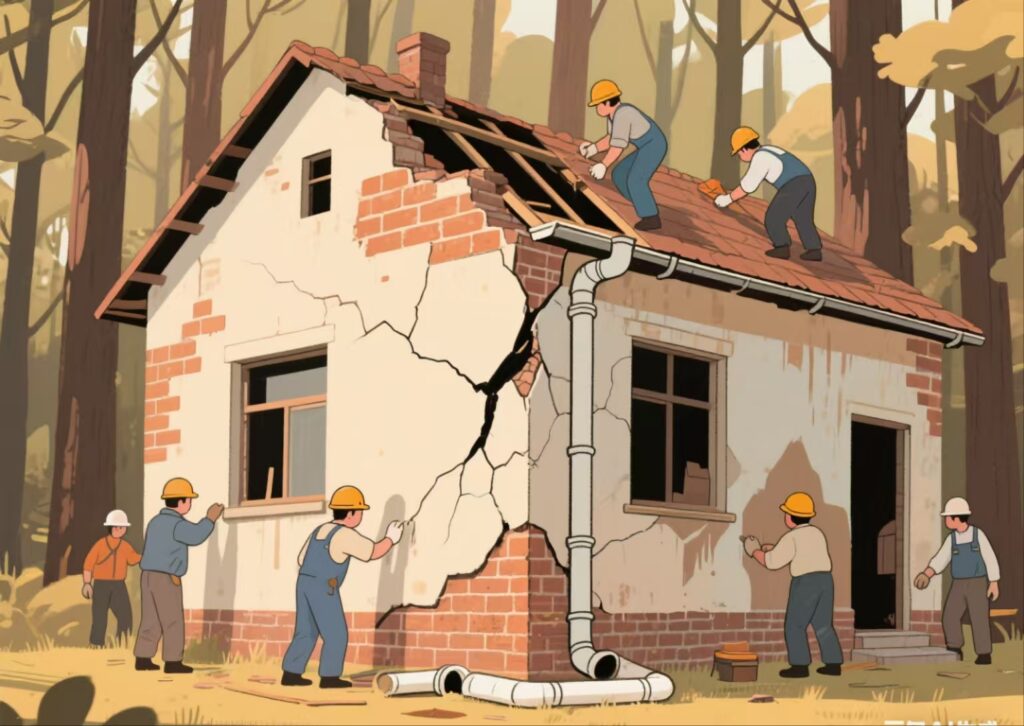Renovating a house sounds exciting—until you see the price tag. When I first bought my 1980s fixer-upper, I thought, “How hard can it be?” Fast forward to weeks of research, sweat, and smart budgeting—and I can now say I transformed my home without drowning in debt.
Here’s how I did it—and how you can too.
1. I Started with a Budget (and Stuck to It)
Before swinging a hammer, I created a detailed spreadsheet with realistic estimates. I prioritized what needed fixing (roof, HVAC, plumbing) over what I wanted to upgrade (like quartz countertops).
I gave every project a “must,” “nice to have,” or “maybe later” tag. This helped me avoid financial rabbit holes.
Pro tip: Always build in a 10-15% cushion for unexpected costs. Trust me, there will be surprises.
2. I DIY’d What I Could Safely Handle
I’m no contractor, but YouTube became my best friend. I tackled:
Painting every wall
Installing vinyl plank flooring
Replacing faucets and light fixtures
Minor drywall repair
For anything involving gas, electricity, or structural work, I hired licensed professionals. Safety (and code compliance) always comes first.

3. I Shopped Smart—Like, Really Smart
I never paid retail. My go-to sources included:
Facebook Marketplace – scored a $2,000 dining set for $300
Habitat for Humanity ReStore – found gently used cabinets
Local auctions – bought a $900 vanity for $150
Also, I waited for holiday sales and used cashback credit cards to maximize savings.
4. I Took It One Room at a Time
Trying to do the whole house at once is overwhelming—and expensive. I started with the kitchen, then moved to bathrooms, bedrooms, and the basement. Focusing on one room at a time made the project feel manageable and allowed me to spread out expenses over several months.
5. I Kept Track of Every Dollar
Using budgeting apps like Mint and Google Sheets, I tracked every expense. It’s not glamorous, but knowing where my money went helped me stay in control and make smarter decisions.
Final Thoughts
Renovating your entire house doesn’t have to mean emptying your savings. With patience, planning, and a little creativity, you can build your dream space on a modest budget.
